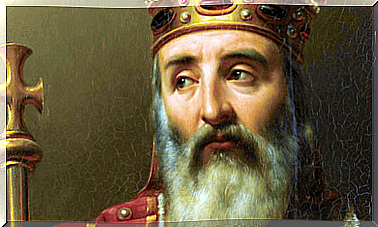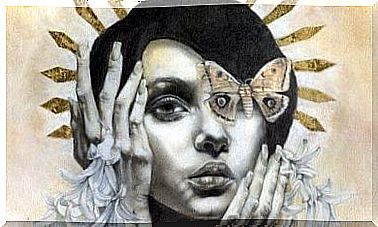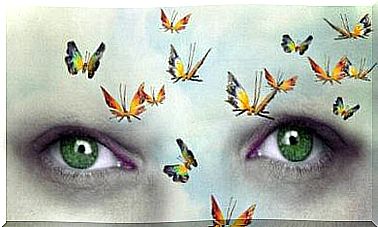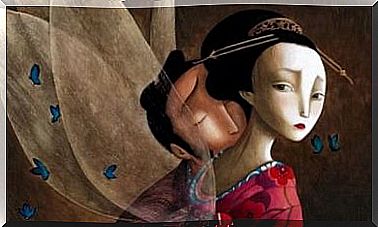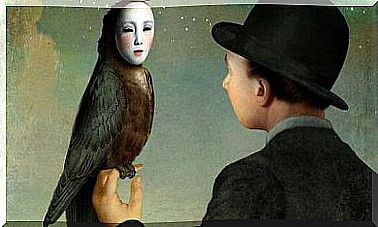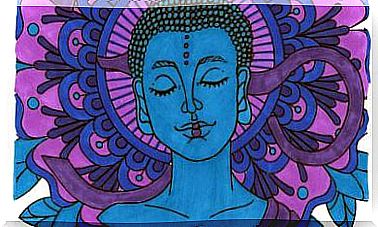Elliot Aronson, The Biography Of A Brilliant Social Psychologist
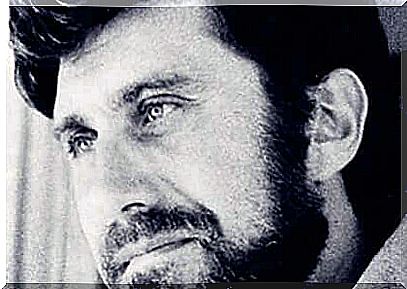
Today we are going to present a brief biography of Elliot Aronson, one of the most recognized social psychologists today. His researches on cognitive dissonance and, above all, the creation of the puzzle technique stand out. This is a cooperative learning method that reduces hostility, racial conflicts, prejudices, and positively influences educational outcomes in the classroom.
It is noteworthy that Aronson is the only person in the history of the American Psychological Association (APA) who has won the top three awards : for his work as a writer, for his teaching, and for his contributions to research. In 2007, he also received the William James Award for a lifetime of dedication to psychological science.
He is a man with humble roots, committed to aspects as diverse as prejudice, energy efficiency, justice, conflicts, communication problems, pedagogical challenges…. He is still active at 87, despite the fact that he lost his sight about 20 years ago due to macular degeneration.
It is common to see him with Desi, his Labrador, a guide dog with whom he still goes to conferences. Furthermore, it continues to inspire thousands of students, researchers, writers and professors who see it as a reference to be followed.
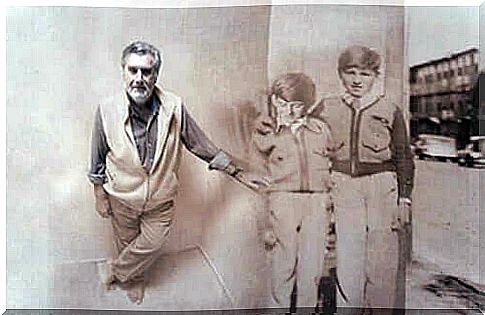
Biography of Elliot Aronson, a noted 20th century social psychologist
Elliot Aronson’s biography began with his birth in Revere, Massachusetts, on January 9, 1932. As we mentioned, his origins are very humble. In fact, he comes from a troubled family marked by poverty. As he explained on more than one occasion, he could barely afford college. There were semesters when he had to drop out of classes and sleep in the backseat of a car.
However, everything changed when he mistakenly entered a class taught by Abraham Maslow. After this experience, he decided to leave the law course he had started to devote himself fully to psychology. He obtained a scholarship, and Maslow himself became his mentor, later earning a doctorate at Stanford University. Leon Festinger was his advisor.
Elliot Aronson then began working as a professor at various universities, including Harvard, Minnesota and Texas. Later, he also became a very important figure at Stanford University. He has been in his career for over 50 years, in which his main objective has always been to improve the coexistence and human quality of our society.
Such a challenge has been faced by Aronson as he tries to understand and reduce prejudice, discrimination and social inequality. His life has been totally dedicated to outreach and research, a passionate effort that has earned him entry into the list of the 100 most influential psychologists of the 20th century, according to the Review of General Psychology .
These are Elliot Aronson’s main contributions to social psychology.
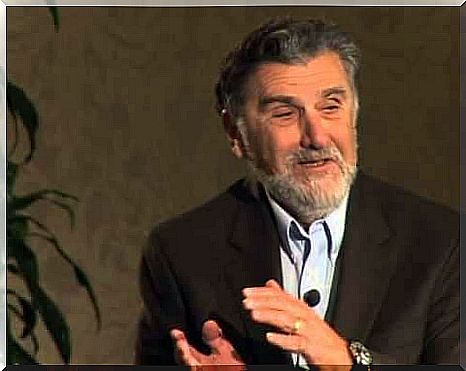
It was Leon Festinger, Aronson’s professor, who laid the foundations for cognitive dissonance, understood as a psychological problem a person goes through when beliefs, values or ideas that, by themselves, are contradictory coexist.
Now it was Elliot Aronson who further investigated this theory. He showed us through experiments that people always strive to appear rational, despite the fact that sometimes our ideas and behaviors are clearly contradictory.
An example. We have a person who is a smoker. She clearly knows that this practice can lead to serious illness, but she still smokes. Therefore, she suffers from a cognitive dissonance, and to end this contradiction and psychological discomfort, she will end up generating behavior to end that situation: either she will abandon this habit or she will tell herself that these beliefs are false and that nothing will happen to her.
The technique of the puzzle
The puzzle technique is a cooperative learning method that Aronson created in 1971 as a result of ethnic and racial conflicts that existed in many Texas schools. In this dynamic, students are divided into small heterogeneous groups where there is always a combination of races and abilities.
Together and in constant cooperation, students must achieve certain goals that end up being reverted for the good of the whole group.
His best known book: The Social Animal
In The Social Animal , Elliot Aronson reveals to us profoundly and exceptionally how a person or group develops prejudices about another ethnic or racial group. We are facing an admirable work that makes it easier to understand human social behavior.
Main Social Animal Lessons
- Whether we like it or not, we are surrounded by other human beings. We depend on the quality of these daily interactions to live together, to create more respectful scenarios.
- Now, people hardly spend the time to find out what others are like. We don’t communicate effectively, but we let ourselves be carried away by what others tell us, by rumors, stereotypes and prejudices. We don’t know how to connect to know what drives, motivates or concerns others.
- Social psychology is the key to understanding the secret needs and desires of those around us.
- Furthermore, as Aronson points out in The Social Man , we have become a society based on conformity. We let ourselves go without thinking for ourselves. We choose the easiest options, although they are not always the most humane or correct.
- Sometimes , we even adopt other people’s behaviors to feel accepted. We follow the criteria of others to be part of a group, although this group sometimes leads us to behave inappropriately and even disrespectfully. So, if others drink, we drink too. If our collective hates immigrants, we hate them too.
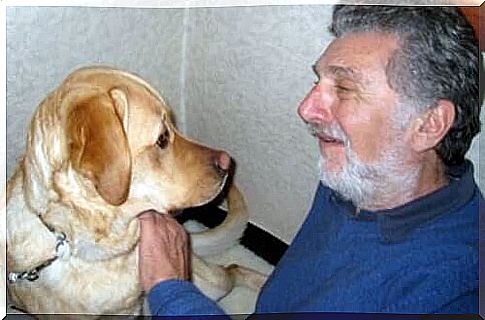
After knowing a bit of Elliot Aronson’s biography, we see that he encourages us to understand and reflect on the following: before joining a certain group of people, make sure that your ideas, words and actions are in accordance with their beliefs and values. Avoid inhumanity, that which disconnects us from each other.
